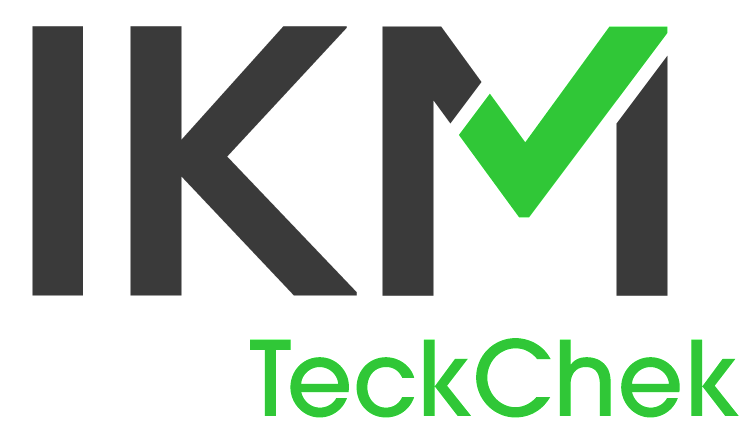The Early Career Competency Assessment is designed to provide actionable insights into the strengths, developmental areas, and career potential of individuals at the beginning stages of their professional journey. This report offers a comprehensive view of an individual’s likely workplace performance tendencies across 11 competency areas that have been shown to drive professional success across a wide range of performance domains, especially early in one’s career:
Influencing & Persuading: The ability to sway or convince others to support an idea, buy a product, or take specific actions. Involves understanding people’s needs and positioning offerings in a way that resonates with them.
Negotiating: The art of reaching mutually beneficial agreements by understanding and leveraging one’s own and others’ interests. It involves both compromise and strategic planning to meet objectives.
Managing Conflict: Addressing and resolving disputes constructively to maintain positive relationships and organizational harmony.
Information Seeking: Proactive and persistent pursuit of relevant knowledge, data, and insights to enhance decision-making, problem-solving, and overall performance. This includes gathering, verifying, and analyzing information from multiple sources, including research, expert opinions, and experiential learning.
Creating & Innovating: Using divergent thinking to introduce new solutions, ideas, or improvements.
Verbal Reasoning: Understanding, interpreting, and logically evaluating written or spoken language. It includes analyzing arguments, drawing conclusions, identifying implicit meanings, and solving problems based on textual information.
Procedural Thinking: The capacity to follow, analyze, and design step-by-step processes or sequences to achieve a specific goal. It involves understanding the logic and structure of procedures, breaking tasks into smaller, manageable steps, and applying rules or algorithms to solve problems.
Decisiveness: Comfort in assuming calculated risks by making decisions and taking action, even in the absence of all information.
Deliberating: Tendency to gather, consider, and evaluate all relevant information to make logical conclusions before being moved to action.
Managing Workflows: Planning, implementation, and oversight of operational workflows within a team or organization. Effective process management aims for efficiency, quality, and consistency in the execution of tasks.
Quality Focus: Commitment to delivering high-quality work with attention to accuracy, consistency, and continuous improvement. Individuals with a strong quality focus strive to meet or exceed standards, demonstrate thoroughness, and proactively address errors or inefficiencies.
